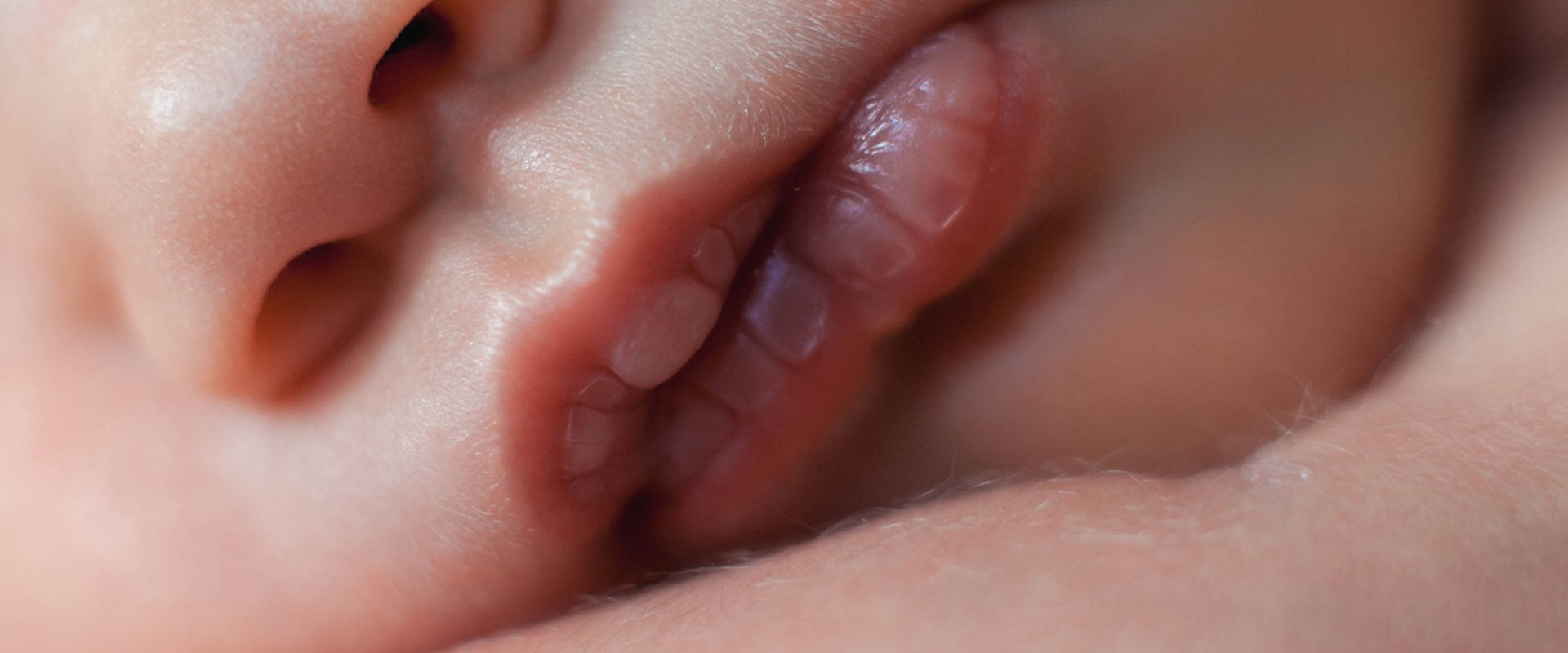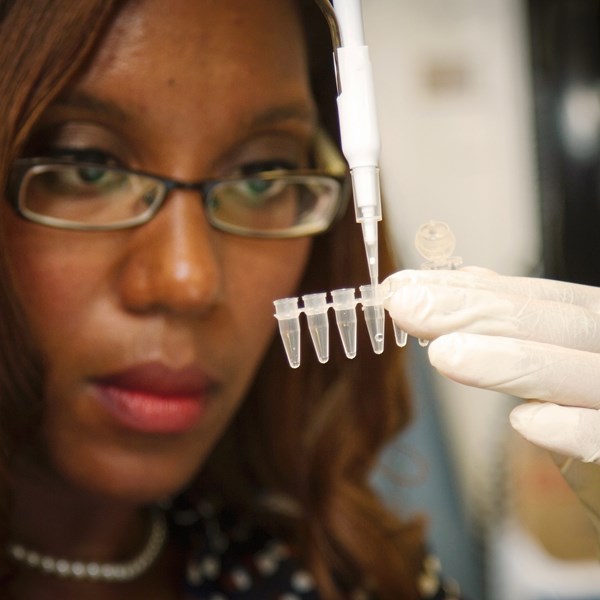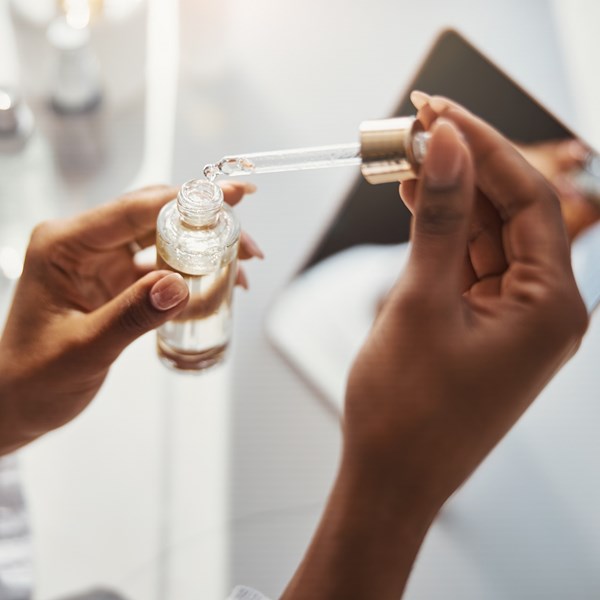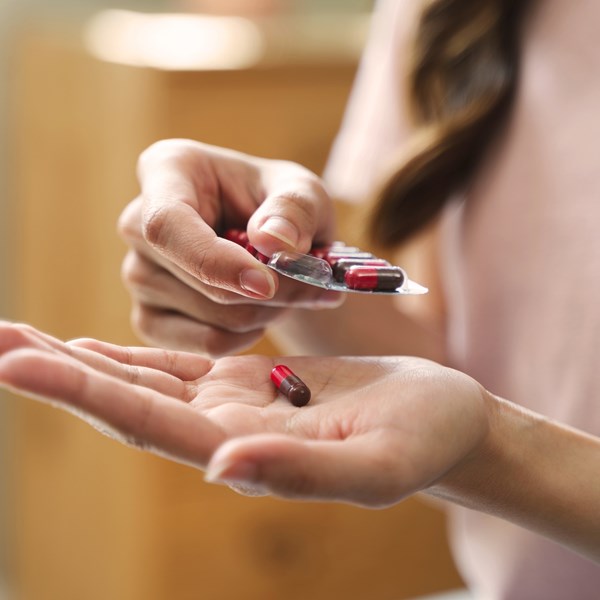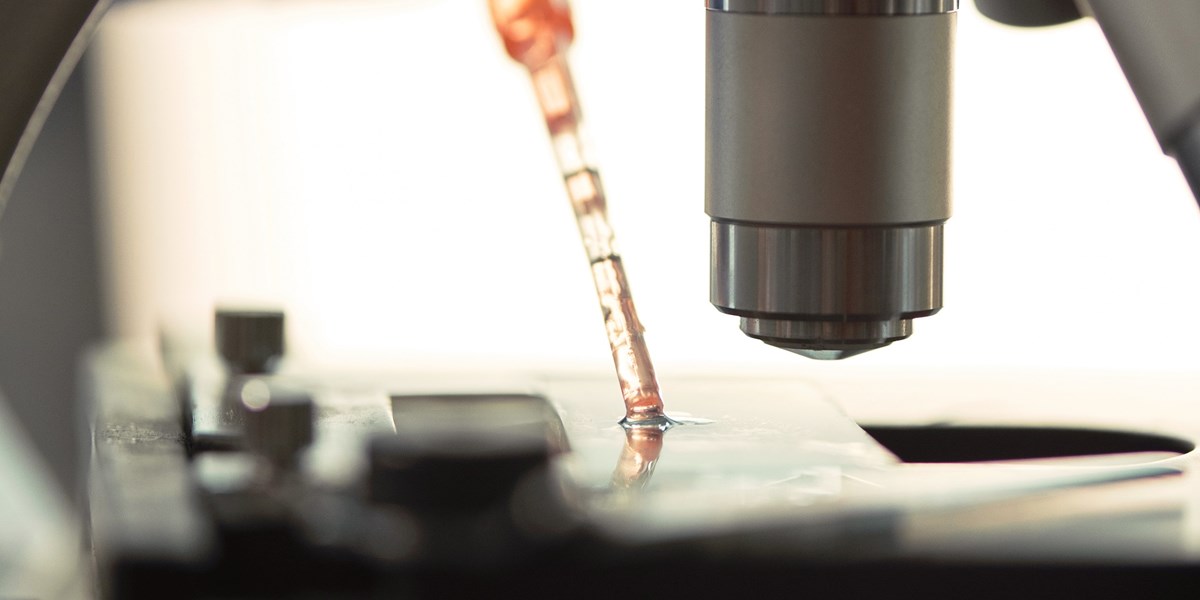In a recent decision (BL O/321/20), the UK Intellectual Property Office (UKIPO) considered the interplay between the different incentives available under EU law for research into the paediatric use of new medicinal products.
EU law provides both a regulatory incentive, in the form of a one-year extension to the period of market exclusivity awarded to new drugs, and an intellectual property incentive, in the form of a six-month extension to the term of a Supplementary Protection Certificate (SPC) granted for a medicinal product. However, it is not possible to benefit from both of these extensions for a single drug product.
BACKGROUND
The relevant law is set out as follows:
- Article 14(11) of Regulation (EC) 726/2004 (the EMA Regulation) allows one additional year of market exclusivity to be granted if the holder of a marketing authorisation for a medicinal product obtains an authorisation for a new therapeutic indication and provides evidence that the medicinal product provides a significant clinical benefit in that indication; and
- Article 36(1) of Regulation (EC) 1901/2006 (the Paediatric Regulation) allows for the term of a Supplementary Protection Certificate (SPC) to be extended by six months if the holder of the marketing authorisation has performed studies into the paediatric use of the medicinal product.
The prohibition against both extensions being obtained is found in Article 36(5) of the Paediatric Regulation, which prohibits the extension to the SPC term from being granted if the marketing authorisation holder has been granted the additional year of market exclusivity under Art 14(11) of the EMA regulation.
THE FACTS AND ARGUMENTS
The case in question concerns the product tocilizumab, an antibody treatment for rheumatoid arthritis, which is sold by Roche as RoActemra®. Subsequent to the granting of its initial marketing authorisation for the treatment of rheumatoid arthritis, tocilizumab was approved for the treatment of systemic idiopathic juvenile arthritis. The research into and subsequent granting of an authorisation for this juvenile indication meant that the marketing authorisation holder and patentee were able to apply for both of the available extensions, and they subsequently secured both rewards.
The one-year extension to the period of market exclusivity was granted by the European Commission in August 2011 for the reason that systemic juvenile arthritis was considered to be a new indication and treatment with tocilizumab was deemed to bring a significant clinical benefit in the absence of effective existing therapies. Medicinal products marketed in the EU are awarded an eight-year period of data exclusivity running from the grant of a marketing authorisation, followed by a further two years of market exclusivity. Thus, with the one-year extension, tocilizumab benefitted from an eleven-year period of regulatory protection, which expired in January 2020.
An SPC covering tocilizumab, relying on EP(UK) 0783893 B1 as the basic patent and the centralised European marketing authorisation for RoActemra®, was issued by the UKIPO in 2014 and entered into force for the maximum five-year duration on 7 June 2015. The six-month paediatric extension was then applied for and granted in 2018, extending the duration of the SPC until 6 December 2020.
Just before expiry of the SPC (excluding the paediatric extension) in early June this year, the proprietors wrote to the UKIPO requesting revocation of the paediatric extension on the grounds that it had been granted contrary to Article 36(5) of the Paediatric Regulation. No reasons were provided to explain why the paediatric extension was initially applied for.
JUDGMENT
After first confirming that the SPC Regulation entitles the SPC holder to apply for revocation of their own paediatric extension, the UKIPO agreed that the paediatric extension should not have been granted and therefore granted the request for revocation. The decision was issued on 11 June, only eight days after the request for revocation was received by the UKIPO and only five days into the paediatric extension period.
The swift action of the UKIPO in granting the revocation request provides certainty to third parties regarding the status of the paediatric extension, and therefore the expiry of SPC protection for tocilizumab.
IMPLICATIONS
This decision highlights the need for companies and practitioners to carefully consider the different periods of exclusivity available through the regulatory and intellectual property legal frameworks, and their relative timings. In the present case, tocilizumab could potentially have benefitted from a longer period of exclusivity had the paediatric extension been obtained in preference to the extended period of market exclusivity. However, the potential period of exclusivity has to be weighed against other factors, such as the need to apply for and maintain SPCs separately in each EU state.
It is also worth noting that there are scenarios in which only one of the extensions is available for a medicinal product. The Paediatric Regulation allows for the paediatric extension to be granted even when the investigation into paediatric use does not lead to the product being indicated for the paediatric population, whereas approval for a new indication is a requirement for the additional year of market exclusivity provided by the EMA Regulation (although the extra exclusivity is not limited to that indication). Also, paediatric extensions are only available for products that are the subject of SPC protection, and are not available for orphan medicinal products (which benefit from a separate two-year paediatric extension to orphan exclusivity) or for medicinal products that have not been authorised in all EU member states. Off-patent products are eligible for a paediatric-use marketing authorisation (PUMA), which provides ten years of market protection.
Please contact us if you require further information on the different regulatory and IP exclusivities that may be available for your product.
